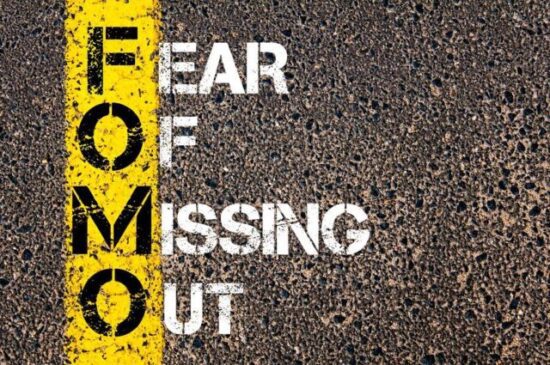
How to start a fundraising project

Over the last 10 years, I have taken part in lots of fundraising activities for charities; everything from completing Trek Iceland in 2010, to planning fundraising campaigns on behalf of my employer as part of their annual CSR activities. I have also been part of the Midlands Action Team for Cancer Research UK, a small community of West Midlands fundraisers who support events and activities in order to help raise money and increase awareness of the cause. Fundraising can not only be incredibly rewarding on a personal level, but can help make friendships, give you a purpose and help give something back to help support causes that are close to your heart.
Planning your own fundraising activities on a substantial scale can be a bit of a minefield; so if you are planning something similar yourself, here’s some of the things you need to think about.
Define your needs
Before you can start any fundraising activity, have a think about how much to you would like to raise and what costs would be associated with doing this. It is ideal to have a target figure in mind and an overall mission or objective to aim for.
Perfect your message
How are you going to communicate the aim of the fundraising activity? What is the message you want to give to your supporters? How are you going to market and promote your activities in order to appeal to those that can help support it? This can be done via visual and written communication, but choosing the right ‘voice’ is crucial. Supporters need to understand where their money is going and what it will be used for. Why should they support your cause over someone else’s? What is the overall benefit of supporting this fundraising activity?
Plan fundraising activities – physical and online
How do you actually intend to raise money? What methods would be most appropriate for your target donators? What kind of activities would they be most likely to engage in? From fete’s to charity car washes, or raising money via crowdsourcing or an online charity page (ideally one which manages gift aid and tax deductions to!) – create a brain storm of what you feel are the most suitable fundraising activities to suit your cause.
Get help
Depending on the scale of your activities, particularly if they are supporting fundraising on an international level or substantial scale, you may want to consider hiring a fundraising consultancy who can help with some of the larger leg work including marketing activity, social media and the more tricky elements like the governance and legal elements of fundraising.
Track Donations
It is important that you keep track of donations you received and from whom. Due to the GDPR legislation you will need to ensure you are being transparent about the data of your supporters, how it is going to be used and stored and ensure that they are not sent any unsolicited mailers that they haven’t agreed to.
Recruit Volunteers
In order to gain traction – try and round up as many volunteers as you can to help encourage donations and help spread the word. If you are part of any local communities or groups – try approaching them and pitching your cause – you may be surprised at the positive response.
Whatever your fundraising activity, it is fair to say that done properly, fundraising on a large scale takes time and there is no quick easy fix. They require a lot of planning, a lot of commitment and a whole heap of passion and enthusiasm in order to be successful. That said, done well, the end result can be highly rewarding and make a huge difference to the cause you are supporting.
All the best with your fundraising!
Lucy
*This is a collaborative post*

















































